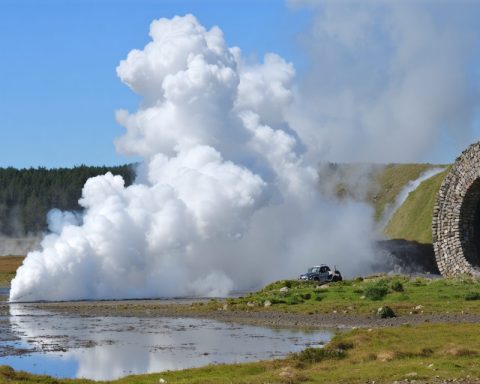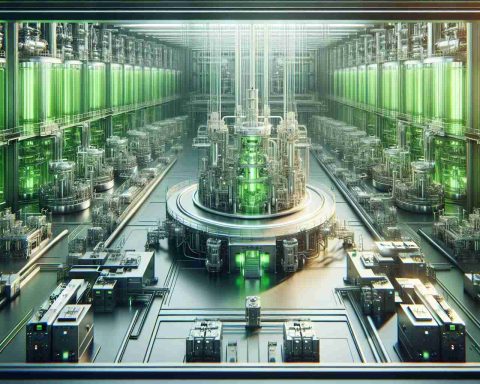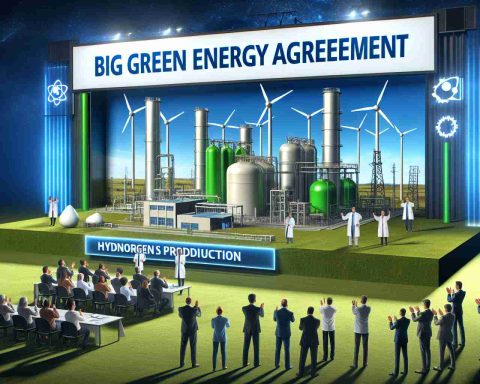Browse CategoryInfrastructure
Infrastructure refers to the fundamental facilities and systems that support the functioning of a society and its economy. This includes the physical structures such as roads, bridges, railways, and airports, as well as utilities and services such as water supply, sewage, electricity, and telecommunications. Infrastructure is essential for enabling transportation, communication, and resource distribution, thereby facilitating economic growth and societal welfare. It encompasses both public and private investments and is crucial for the effective operation of businesses and the provision of services to the population. Infrastructure can be classified into various categories, including transport infrastructure, energy infrastructure, and social infrastructure, which encompasses facilities such as schools, hospitals, and housing. The quality and extent of infrastructure often reflect the level of development within a region or country.















